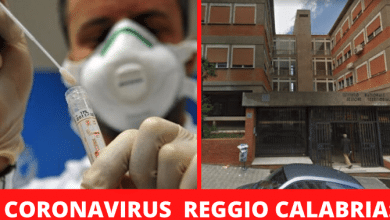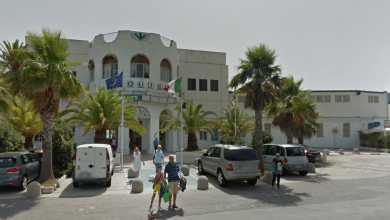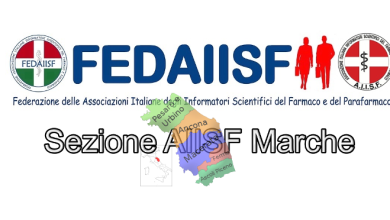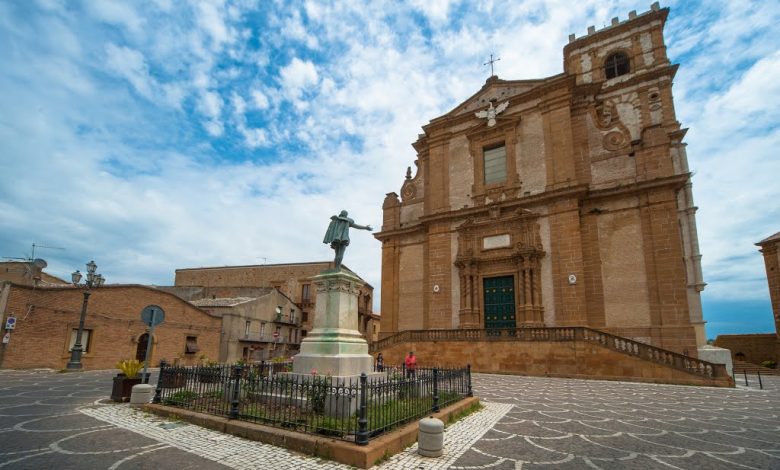
Diocese: Piazza Armerina, tomorrow the ordination of three new permanent deacons
 Three new permanent deacons in the diocese of Piazza Armerina. The ordination will take place tomorrow, on the day of the 204th anniversary of the establishment of the diocese, in the cathedral basilica, through the laying on of hands by Bishop Rosario Gisana. Receiving the ministry will be Ignazio Puci, 42, Giuseppe Felici, 50, and Filippo Marino, 48.
Three new permanent deacons in the diocese of Piazza Armerina. The ordination will take place tomorrow, on the day of the 204th anniversary of the establishment of the diocese, in the cathedral basilica, through the laying on of hands by Bishop Rosario Gisana. Receiving the ministry will be Ignazio Puci, 42, Giuseppe Felici, 50, and Filippo Marino, 48.
Marino, originally from Piazza Armerina, is a scientific informant for Parkinson's disease. extraordinary minister, Salesian cooperator - together with his wife - strengthened his faith by attending the "Boccone del Povero", a city center at the service of minors at risk.
Thus, the number of diocesan permanent deacons to whom the bishop has entrusted the diocesan Caritas has risen to 14, which "becomes their parish, where together they are committed to organizing, guiding, planning projects that serve to relieve the poor of their poverty", he said . It was in fact the bishop himself who gave impetus to the diaconal ministry by reforming the diocesan Caritas and entrusting it to the entire diaconate and appointing one of them as director of Caritas: Mario Zuccarello
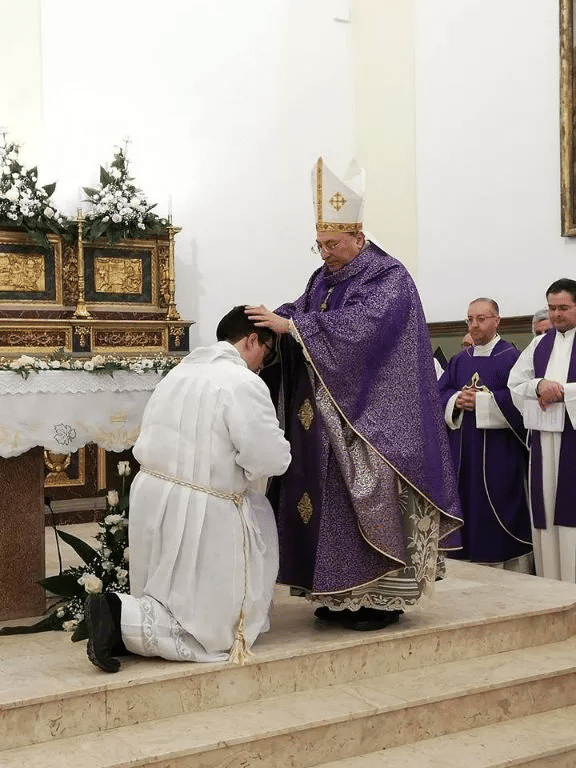 Note: Diakonia (διακονίαè) the Greek word that defines the function of the gods deacons. It means service, and it is of such importance to the Church that it is conferred with a sacramental act called "ordination", or from sacrament of the Order. The priestly Order comprises three different degrees of the sacrament: bishops, priests and deacons. Catholic doctrine establishes that the degree of diaconate is a degree of service.
Note: Diakonia (διακονίαè) the Greek word that defines the function of the gods deacons. It means service, and it is of such importance to the Church that it is conferred with a sacramental act called "ordination", or from sacrament of the Order. The priestly Order comprises three different degrees of the sacrament: bishops, priests and deacons. Catholic doctrine establishes that the degree of diaconate is a degree of service.
A deacon can baptize, bless marriages, assist the sick with viaticum, celebrate the Liturgy of the Word, preach, evangelize and catechize.
Contrary to the priest, however, he cannot celebrate the sacrament of the Eucharist (Mass), confess or administer the anointing of the sick.
Since the Second Vatican Council, the Latin Church has re-established the diaconate as a particular rank within the hierarchy. Deacons can be married, however, if they are celibate, after diaconal ordination, they can no longer marry
The Bishop, to whom the deacon in the rite of Ordination promised "filial respect and obedience", confers on him a specific office by decree, taking into account the needs of the Diocese and also the family and professional condition of the deacon himself.
The diaconate can be the first stage towards the priesthood, and in this case we speak of a transient diaconate, but a deacon can also choose to remain such forever and serve in that specific role, and then we will speak of a permanent diaconate.


